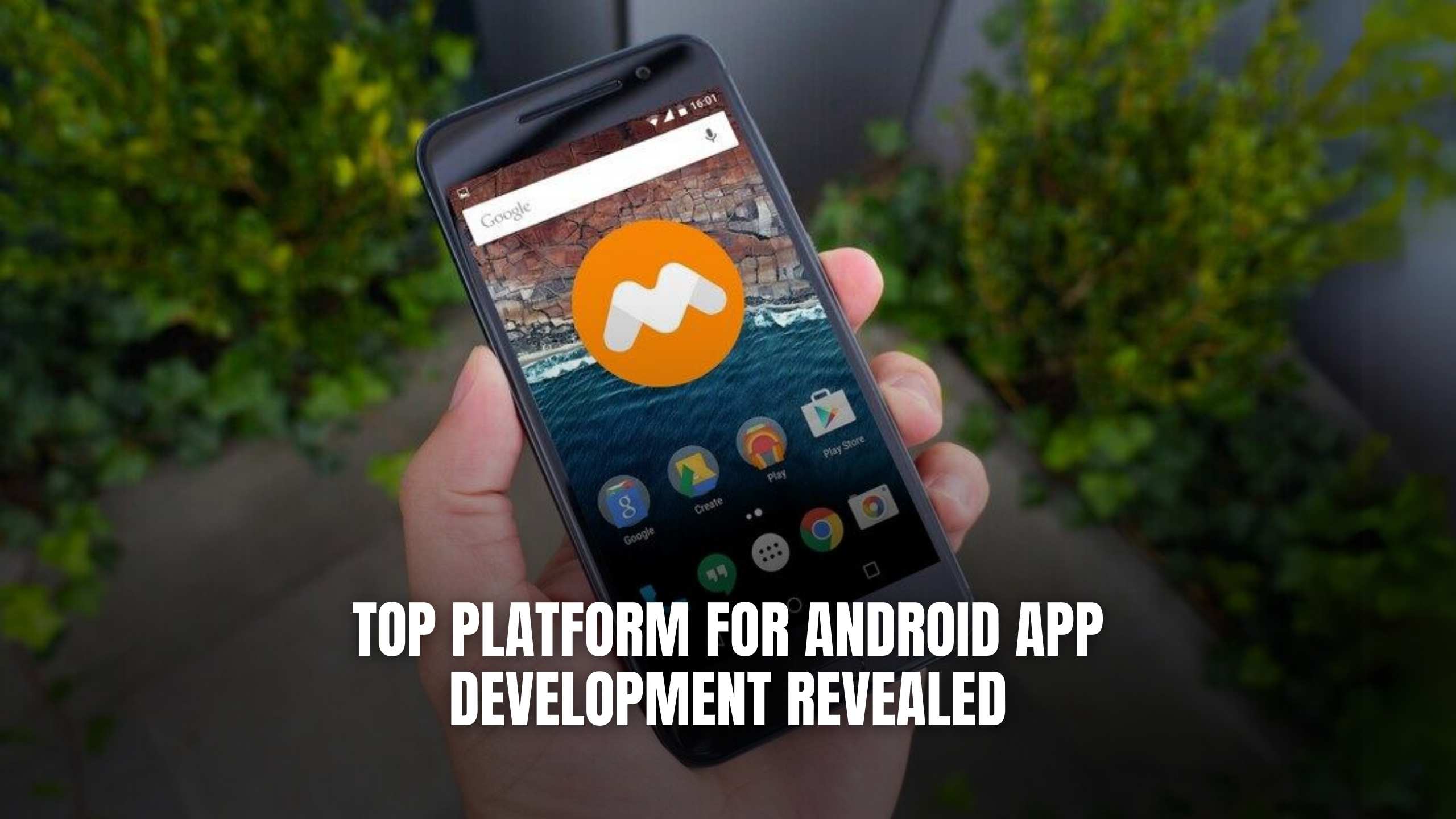Top Platform for Android App Development Revealed
- WebOps Platforms Bug Tracking & Feedback Software Web Development & Design


Top Platform for Android App Development Revealed
In the ever-evolving landscape of Android app development, choosing the right platform is paramount. This comprehensive guide dives into the intricacies of Android app development platforms, exploring the top contenders, their features, and why they stand out in the competitive realm of mobile application creation.
1. Android Studio: The Powerhouse of Native Development
Android Studio stands as the official integrated development environment (IDE) for Android app development. Its robust features, including a rich code editor and advanced debugging tools, make it a go-to choice for native app development. With seamless integration with the Android SDK, it offers unparalleled support for crafting high-performance applications.
2. React Native: Bridging the Gap for Cross-Platform Development
For those seeking cross-platform compatibility, React Native emerges as a compelling solution. Developed by Facebook, React Native allows developers to create Android apps using JavaScript and React. Its “write once, run anywhere” approach significantly expedites the development process while ensuring a native-like user experience.
3. Flutter: Google’s UI Toolkit for Natively Compiled Applications
Google’s Flutter has gained prominence for its ability to deliver natively compiled applications. With a single codebase, Flutter enables developers to create visually stunning Android apps. Its customizable widgets, expressive UI, and hot reload feature make it an efficient choice for crafting aesthetically pleasing and high-performance applications.
4. Xamarin: Seamless Integration with Visual Studio
Xamarin, backed by Microsoft, allows developers to build Android apps using C# and the .NET framework. Its seamless integration with Visual Studio streamlines the development process, offering native-like performance. Xamarin stands out for its shared codebase, which minimizes duplication efforts and accelerates time-to-market.
5. PhoneGap (Apache Cordova): Simplifying Hybrid App Development
PhoneGap, also known as Apache Cordova, is a widely adopted open-source mobile app development framework. It simplifies hybrid app development by utilizing standard web technologies such as HTML, CSS, and JavaScript. With the ability to deploy a single codebase across multiple platforms, PhoneGap offers a cost-effective solution for Android app development.
Recommended SaaS Products
- Android Studio: Leverage the power of Android Studio, the official IDE, to enhance your native Android app development experience.
- React Native: Streamline cross-platform development using React Native, a robust framework by Facebook that ensures a consistent user experience.
- Flutter: Craft visually stunning natively compiled applications with Flutter, Google’s UI toolkit for Android app development.
- Xamarin: Expedite your Android app development process with Xamarin, offering seamless integration with Visual Studio and a shared codebase.
- PhoneGap: Simplify hybrid app development using PhoneGap (Apache Cordova), an open-source framework supporting standard web technologies.
Conclusion
Choosing the best platform for Android app development depends on various factors, including project requirements, developer expertise, and desired functionalities. Whether opting for native development with Android Studio, exploring cross-platform capabilities with React Native and Flutter, or leveraging Xamarin and PhoneGap for hybrid solutions, each platform brings its unique advantages to the table.
Revolutionize Your App Development Process with Subscribed.fyi!
Ready to streamline your Android app development journey? Subscribed.fyi is your all-in-one solution for managing SaaS subscriptions. Sign up for free to unlock exclusive deals on essential tools, saving you over $100,000 per year. Take control of your expenses and make informed decisions about your SaaS stack with Subscribed.fyi.
Relevant Links:








